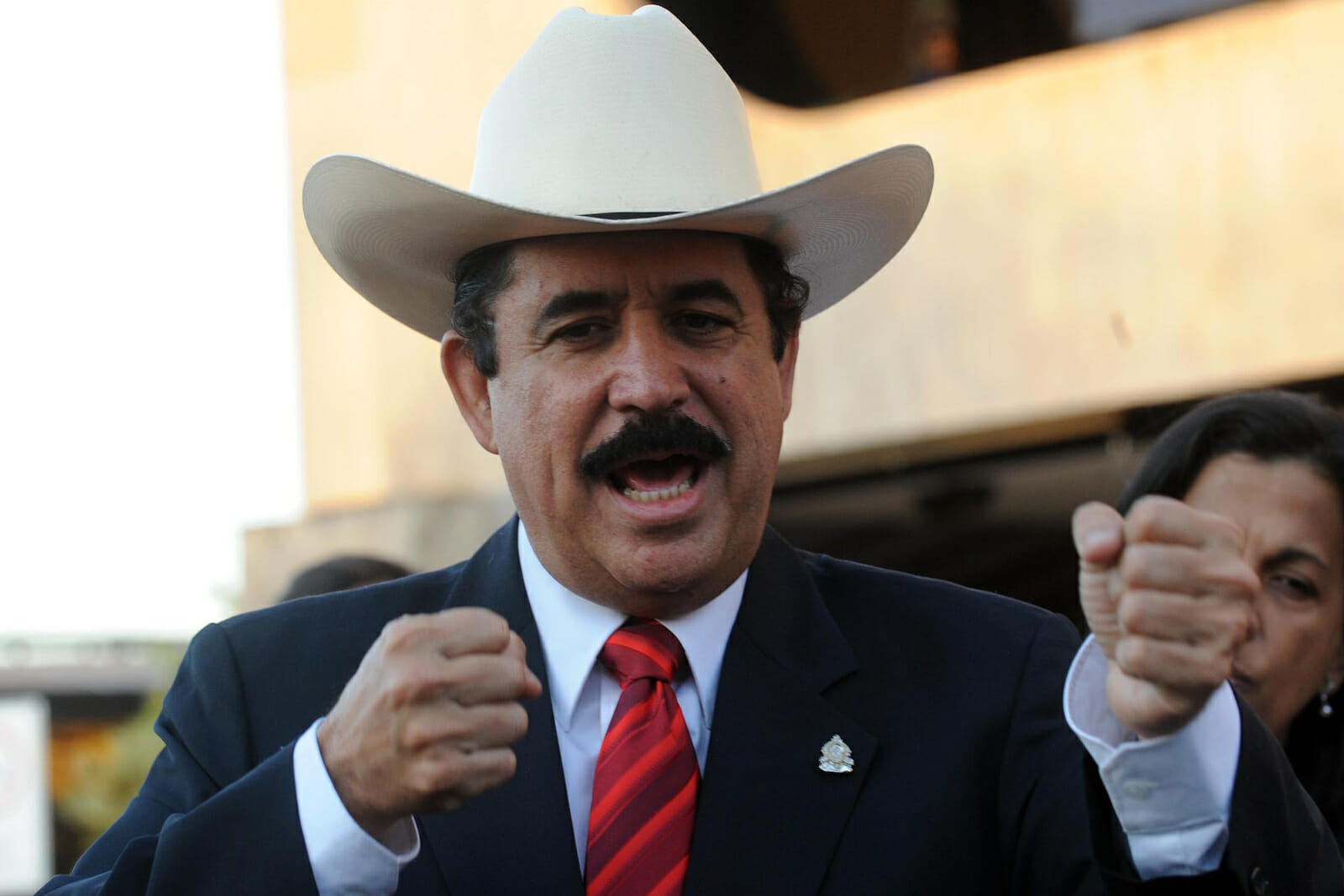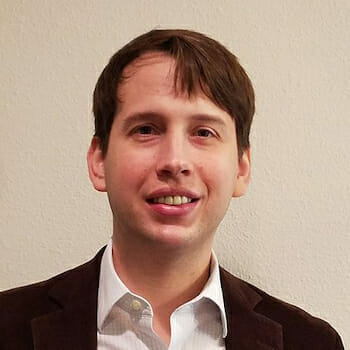
The Peace Corps, Drugs and U.S. Foreign Policy
A few months ago, President Barack Obama was celebrating the “profound” relationship between the United States and Honduras. This happened in spite of the fact that current President Porfirio Lobo’s rise to power was aided by a June 2009 coup. Even though Obama publicly denounced the coup, the administration’s response was timid. It did not take the Obama administration long to warm up to the ouster of democratically elected Manuel Zelaya. Sure, the US briefly halted some foreign aid (around $30 million), but the effect of that was negligible. Besides, remittances from the US to Honduras topped $2 billion that year.
Respect for human rights and the rule of law have deteriorated since Lobo took office in 2010. A lack of media freedom and the intimidation of journalists have not helped. Earlier this month, the Peace Corps withdrew all of its volunteers from Honduras because of the violence. With 158 PCVs living there, that was one of the biggest programs in the world. Since 1962, over 5,000 PCVs have served in Honduras.
US-Honduran relations have been mostly collaborative over the years and the Zelaya coup created tension that was merely transitory. Bilateral assistance is back up and the Obama administration asked that nearly $70 million be given to Honduras this year. Military cooperation between the two countries has continued in spite of the fact that many leaders of the 2009 coup received military training at what used to be known as the School of the Americas, a “controversial facility” in Fort Benning, Georgia.
Two decades after the fall of the Soviet Union, even a coup d’état on the US’s doorstep could not derail ongoing “counternarcotic” efforts and unwavering security cooperation with Honduras. Honduras has the world’s highest murder rate, where there are about twenty homicides per day. This is not an accident. To a large extent, it is a condemning indictment of US foreign policy in its own backyard. There is not just one reason for such high levels of violence in Honduras, Guatemala and El Salvador. And some of the problems are related. Poverty, inequality, the proliferation of drug gangs, weak judicial systems and corruption are all factors.
However, a horribly misguided drug policy is driving this violence. While somewhat complex, the correlation between drug trafficking and violence is well-known. A recent UN study noted that four of the world’s five most violent countries are in Latin America. Every country in the top five, including Cote d’Ivoire, has at least one thing in common: “all of them play a huge role in the international cocaine trafficking networks.”
And yet drug policy is the factor that the US could modify most easily to reduce violence in Central America. In a New York Times article this month, Kevin Sabet highlighted the dangers of drug consumption in the US. According to the Centers for Disease Control (CDC), fatal overdoses are six times greater than they were thirty years ago.
Sabet goes on to say that “One might expect such news to spur politicians to explore new options for drug abuse treatment, prevention and enforcement. Instead, at precisely the wrong time, extremists on both sides have taken over the conversation. Unless we change the tone of the debate to give drug-policy centrists a voice, America’s drug problem will only get worse.” US drug policy is not working at home or abroad; it is exorbitantly expensive and will continue to damage US interests unless changes are made. Nevertheless, such a discussion is not even taking place. Removing the Peace Corps from Honduras is a mandate from Capitol Hill.
Unfortunately, it probably will not have much of an effect on US-Honduran relations, or US foreign policy in the region. One would expect full withdrawals, or at least far fewer volunteers, in both Guatemala and El Salvador within the next two years. Withdrawing Peace Corps volunteers from Honduras will not make the country safer; it is just a response to negative trends that appear to be worsening.
The American foreign policy machine is “pivoting” to East Asia for good reason, but there is a disaster unfolding in Central America that deserves immediate consideration. Perhaps recent alarms about Peace Corps safety portend a greater emphasis on US-Central American relations. Maybe Washington will reengage with a part of the world it has ignored for far too long and address the underlying causes of the violence. Then again, 2012 is an election year. Is it likely that substantive debate about drug policy would not reach Capitol Hill in the next twelve months? Don’t bet on it.

